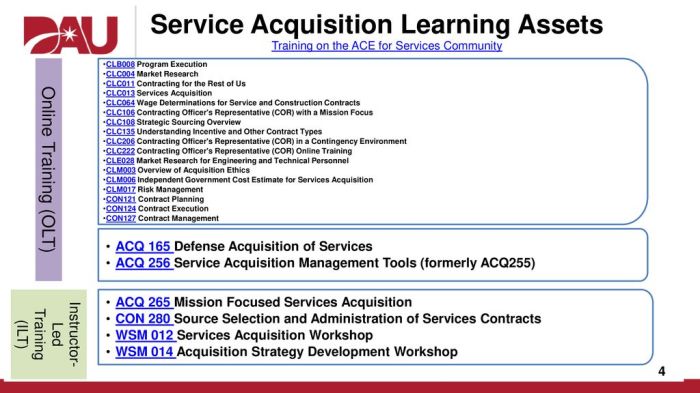Introducing acq 0030 overview of acquisition ethics, this comprehensive guide delves into the fundamental principles and concepts that govern ethical conduct in the acquisition process. By exploring the legal and regulatory framework, common ethical dilemmas, and strategies for preventing violations, this overview empowers acquisition professionals with the knowledge and tools to navigate ethical challenges effectively.
The content of the second paragraph that provides descriptive and clear information about the topic
Acquisition Ethics Overview

Acquisition ethics encompasses the fundamental principles and concepts that guide the ethical conduct of individuals involved in the acquisition of goods and services for organizations. These principles ensure that acquisitions are conducted fairly, transparently, and in accordance with legal and regulatory requirements.
The legal and regulatory framework governing acquisition ethics includes laws, regulations, and policies that establish standards of conduct for acquisition professionals. These frameworks provide guidance on issues such as conflicts of interest, bribery, and fraud, and ensure that acquisitions are conducted in a manner that protects the interests of the organization and the public.
Ethical Dilemmas in Acquisition, Acq 0030 overview of acquisition ethics
Acquisition professionals often face ethical dilemmas that require careful consideration and decision-making. These dilemmas can arise from conflicts between personal interests and professional responsibilities, pressure to meet deadlines or budgets, or uncertainties in the acquisition process.
- Conflict of interest: An acquisition professional may have a personal or financial interest in a particular vendor or product, which could compromise their ability to make impartial decisions.
- Bribery and corruption: Acquisition professionals may be offered bribes or other incentives to favor certain vendors or products, which can undermine the integrity of the acquisition process.
- Fraudulent practices: Acquisition professionals may engage in fraudulent activities, such as submitting false invoices or misrepresenting product specifications, to obtain financial gain.
Questions and Answers: Acq 0030 Overview Of Acquisition Ethics
What are the key principles of acquisition ethics?
The key principles of acquisition ethics include fairness, integrity, accountability, and transparency.
What are some common types of acquisition ethics violations?
Common types of acquisition ethics violations include conflicts of interest, bid rigging, and bribery.
How can acquisition organizations prevent ethical violations?
Acquisition organizations can prevent ethical violations by implementing strong ethical policies and procedures, providing ethics training to employees, and fostering a culture of integrity.